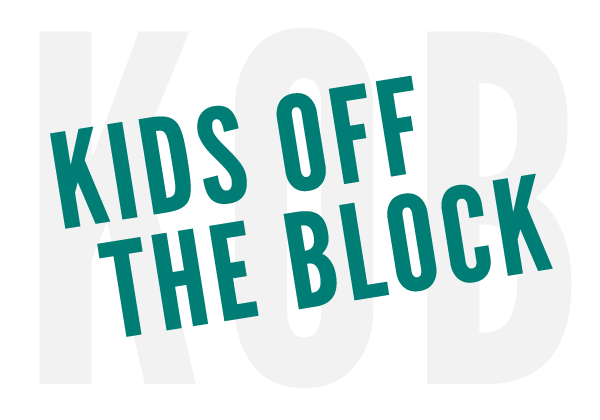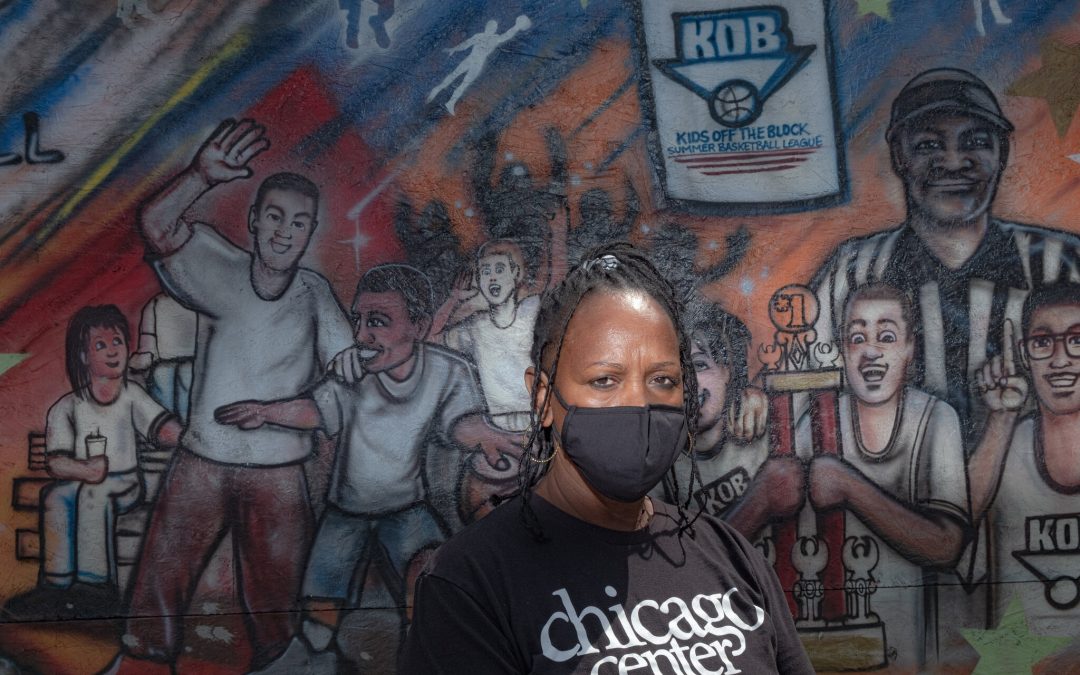On a recent day in early August, Ms. Latiker of Kids Off the Block inspected the outdoor basketball court that the nonprofit uses as a home base, hosting tournaments, comedy shows and other events in hopes of keeping children busy — and safe. It is erected next to a memorial for young people killed by gun violence, where community members carve the name of every victim and their date of death into a stone plate. Ms. Latiker created the memorial in 2007, after Blair Holt, an honor roll student, was killed by gunfire in a case that garnered national attention. The memorial now has more than 700 names, many of them less known outside Roseland; some of the victims went through Ms. Latiker’s after-school program.
“We’re dealing with a pandemic, we’re dealing with violence, we’re dealing with young people who were already behind in school,” she said. “Why did minds have to be changed? Why did it take a Black man to be killed? Why does it take protests? Why does it take riots?”
Ms. Latiker said it frustrated her to see the gun violence in Chicago used as a cudgel by Mr. Trump and other Republicans to discredit the Black Lives Matter movement. The problems of urban violence and systemic racism in law enforcement exist in tandem, she said, and the anti-violence activists in this city are supportive of national protest efforts.
Gwen Baxter runs the Sisterhood, a group of mothers who have lost children to gun violence. Ms. Baxter said gun violence and crime were the result of economic disinvestment and displacement, a byproduct of racist public policy. She started the Sisterhood after her son was killed in 2003, she said, in part to fill gaps in public policy she saw around her.
“Go Far North, and then come back south,” Ms. Baxter said, talking about the city of Chicago. “You can feel the difference. The whole atmosphere changes. What you feel here is pain.”
Roseland’s challenges, however great, do not diminish the pride of many of its longtime residents. Ms. Latiker has refused to move, as has Mr. Dobine, following a defiant streak that will not allow them to become the deserters they resent. That pride was at its peak in 2008, when Mr. Obama completed his ascent from Roseland community organizer to commander in chief.
“We thought this was our time,” Mr. Dobine said.
In interviews and speeches, Mr. Obama has credited his time in Roseland for grounding his political philosophy and his understanding of grass-roots politics. Among several Roseland residents, however, his presidency is now associated with another moment of false hope, a time when many thought the city’s systemic problems were over, courtesy of their adopted political son.
Ms. Algee, who worked on Mr. Obama’s 2008 and 2012 campaigns, said Roseland’s pride in the former president exists alongside some disappointment. “I truly believe that it was his intent to do more in our communities,” she said. “But people were blocking every step of the way.”
Ms. Latiker took 21 children and teenagers to Mr. Obama’s 2009 inauguration in Washington, a memory she still recounts with a sense of wide-eyed giddiness. But what has happened in the subsequent 11 years informs how she feels now — and the wariness she reserves for those who promise to deliver on structural reforms.
“When he made that speech, they thought change was coming,” Ms. Latiker said. “I thought change was coming.”
She does not have that problem now. She expects nothing.
Read the full article on the New York Times website.

